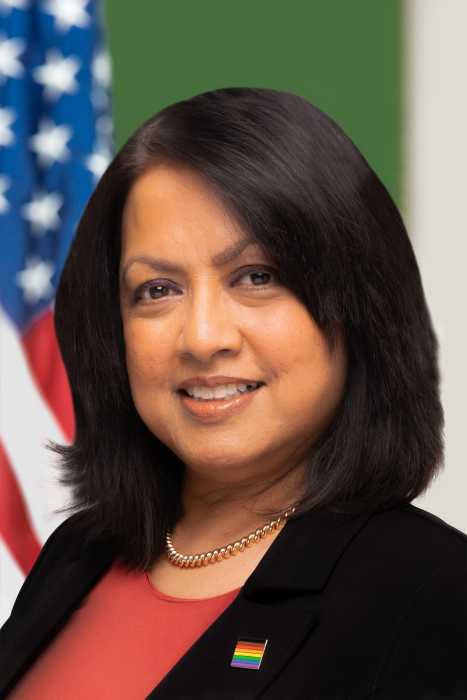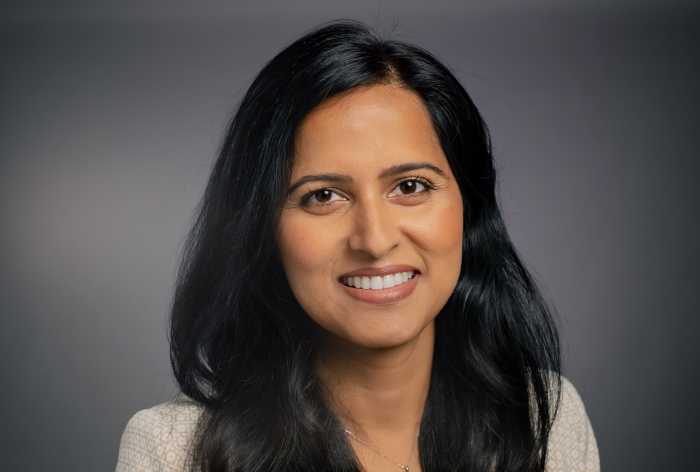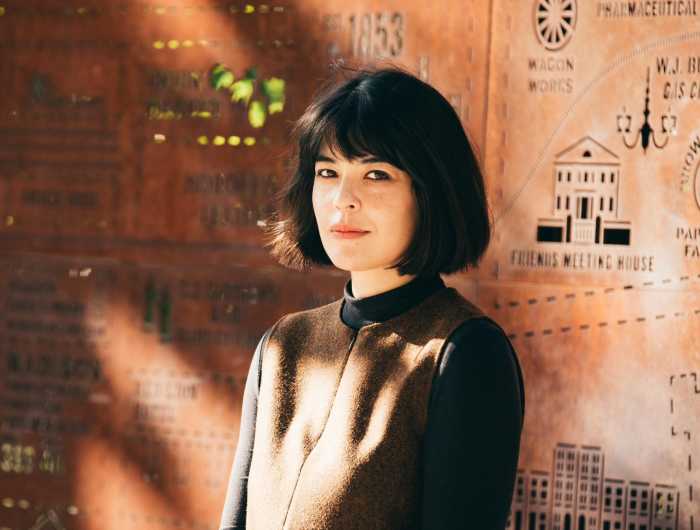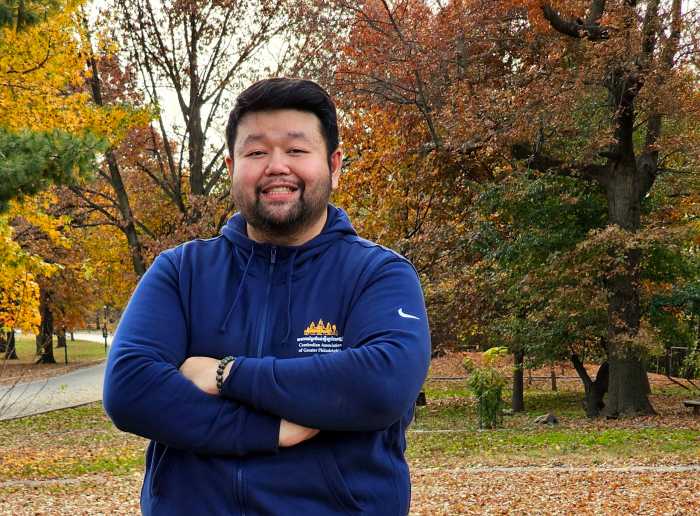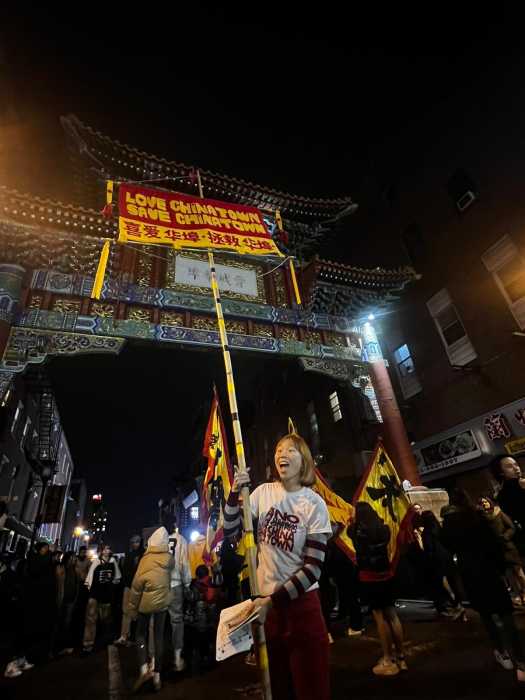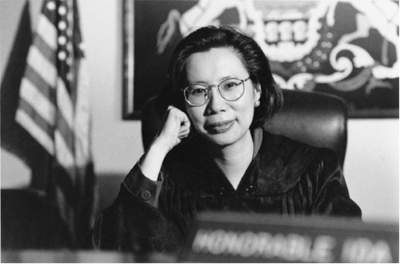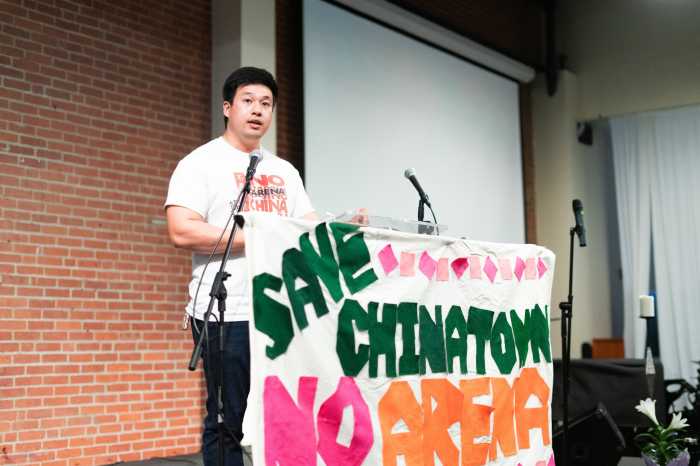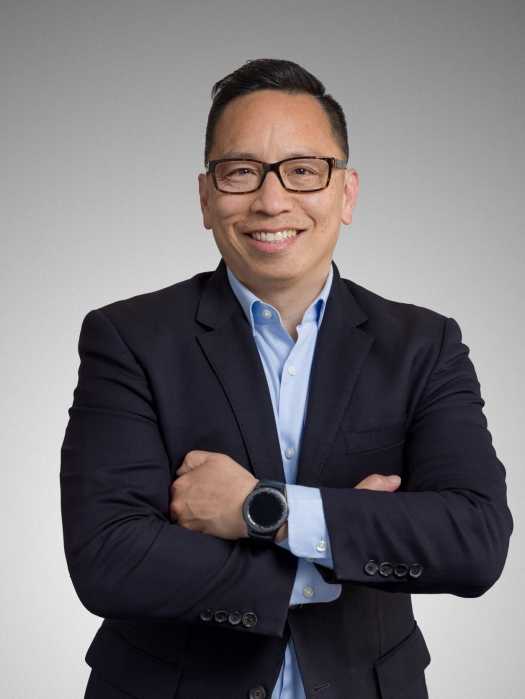Nina Ahmad believes in the power of people to make positive change and advocates for equity for all. Named one of City & State PA’s 2023 AAPI Power 100, she is the first-ever South Asian American, the first Muslim woman and first immigrant to serve on Philadelphia City Council. She had the honor of being appointed by President Obama to his AAPI Commission and learned the importance of representation as government shapes public policy.
If you could give your younger-self advice, what would it be?
I would tell my younger self to try to understand the diversity of the AAPI community – discovering the wide-ranging cultural differences – and how they all fit together to make us who we are collectively as a community.
Do you have any event/movie/music suggestions for our readers to check out in celebration of AAPI Heritage Month?
I would recommend a book entitled, “The Namesake” by Jumpa Lahiri, to help people better understand the South Asian immigrant experience.
How has your heritage shaped the person you are today?
It has had a very big influence on me. Having lived through the War of Independence for Bangladesh made me realize how precious freedom truly is and how much it’s worth sacrificing for.
What can Philadelphia policymakers do to support the AAPI-community in the short-term? In the long-term?
In the short-term, policymakers can make sure that AAPI hate crimes are addressed, tabulated to show where they are occurring, and to help hold those perpetrating the crimes accountable. In the long-term, I would say to work on resources for the AAPI community that would make city services more accessible, as well as promote cultural competence and awareness to help educate others on differences across the AAPI spectrum.



